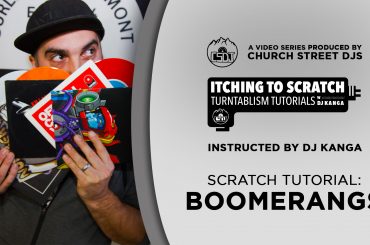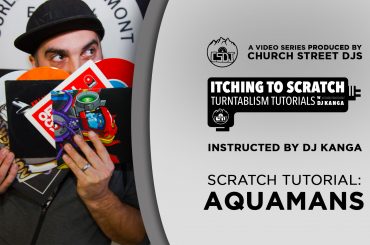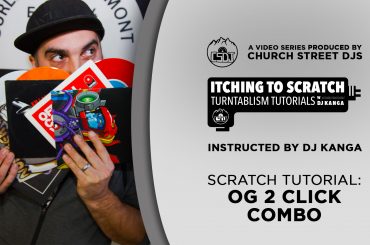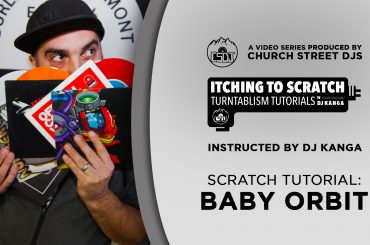Throughout this year with many people ending up with plenty of unexpected free time, music production was used to occupy their time whether it be honing their craft or finally taking the time to begin creating their own music.
For all those looking to get inspired or simply looking for some advice, New York’s T.H. White has taken the time to share his 5 ways to improve your music production fresh off the release of his album, Foxhole Prayers.
Check out his complete list of production tips below!
1. Front End / Looking Ahead:
I always spend a great deal of time ‘producing’ my sounds long before I hit record. I firmly believe that if you begin getting sounds / tracking with the goal of never needing a plug-in processor to enhance or ‘fix’ anything in the mix, your track will infinitely benefit. Cultivate final mix caliber sounds before you lay them down. For example, use your synth or analog bass controls to high pass, subtractive EQ, filter in ways that will help the sound sit in the sweet spot alongside that sick kick you already have waiting. Look ahead to the other instruments characteristics and address the upcoming interplay in the mix long before it’s time to mix. No matter the level of your pre-amps and outboard gear you can still achieve much better end sounds than you think by setting them up to be processed less (or at all) down the line. Have a favorite go to Pad sound? Learn its frequencies and where it shines in a mix and where it may compete or undermine the Hi-Hats or samples (just for example.) Boost and enhance the dope spectrum of your pad, then High and Low pass everything else out. This way you trim the fat and allow each instrument to take up only the space it bangs in! This practice with make your ears more sophisticated and your mixes will sound cleaner and bigger.
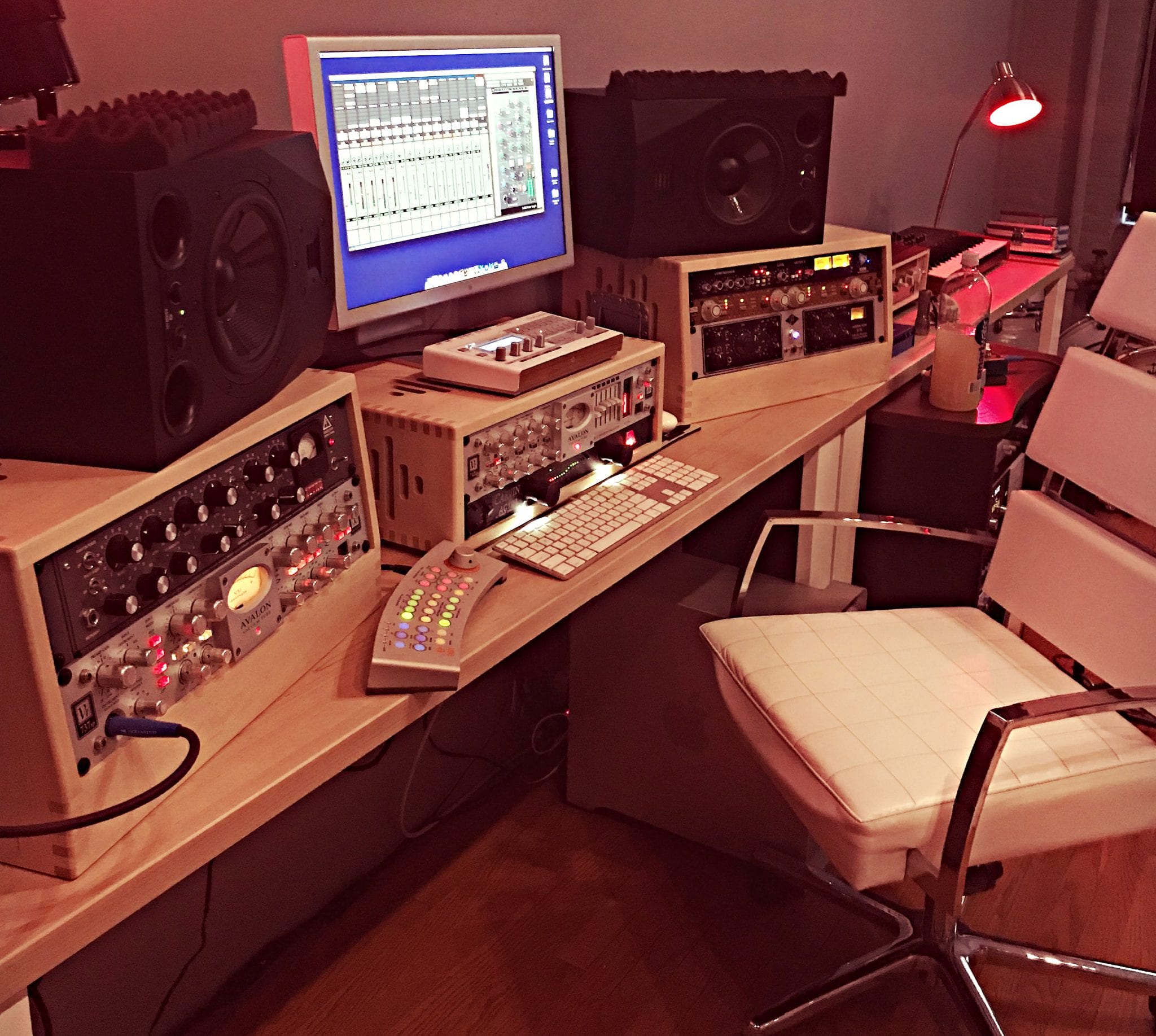
2. Learn to make decisions:
If you work your way up to a level where artists, companies or directors are paying you for your productions, you’ll need to develop a next gear speed without sacrificing one bit of the dopeness they hired you for. Sure, its easy (and on a slow, rainy-day, fun) to tweak the SSL tube EQ saturation knob you’re running the guitar loop through for days. While that may help train your ears a bit, it more likely creates a rabbit hole that will tire you out and drain your time and inspiration. If you have worked hard enough on the practices that I outlined in Tip #1, you’ll learn to trust yourself, arrive at that tweaked up drum loop, call it ready, track it, and move forward. Ad agencies don’t care that Calvin Harris or DeadMau5 have $1M of gear and took a year to make their last record. They need something that sounds damn close (sonic quality wise) in 48 hours (if you’re lucky) and you need to deliver if you want to play big. When I was coming up, I would say “ok I have 1 day to write, produce, and mix a pro sounding track that compares to a DJ shadow cut or J-Dilla. My point is music is not a sport, but like anything else in this world, the more self-initiative, practice and training you do, the hotter your skill set becomes. You want clients to keep coming back because they know you can deliver on point and on time!
3. Compression is an Instrument:
Ahhh…one of the most polarizing, confusing, conflicting, yet crucial tools of the studio. Let me first say that I see the entire studio as an instrument to be played and to develop your own style with. For me, I had to face and conquer many fundamentals first in order to finally get the kind of sounds I was hearing in my head. You can ask a 10 producers / engineers to explain compression and you may get 10 very different (and possibly contradicting) explanations. This is because there is no “right “way and everyone uses it in a vast spectrum of ways. Here is a chill way I learned to understand what it does and ultimately where and how I wanted to use it. Take one of your mixes that you are fairly happy with. Do a ‘save as’ and throw a compressor on the master bus. Then just get down with it and start turning knobs. Go slow and listen to what starts happening. The real short is, you want to hear the full picture emerge. Cool details otherwise overshadowed get a little space carved out. Big booming bass lines or kicks still pump hard but don’t overwhelm the mix etc. You will begin to hear what each knob actually does and how compression relates to “your” sound. Keep that shit simple. It will take some time. Once you understand how to make compression your friend, your mixes will go to the next level. You may favor just a touch or be someone who love to slam shit. Learning the tools to better express your art is beautiful, and, with compression, my best advice is jump hard into the deep end without swimming lessons. You’ll float, I promise.
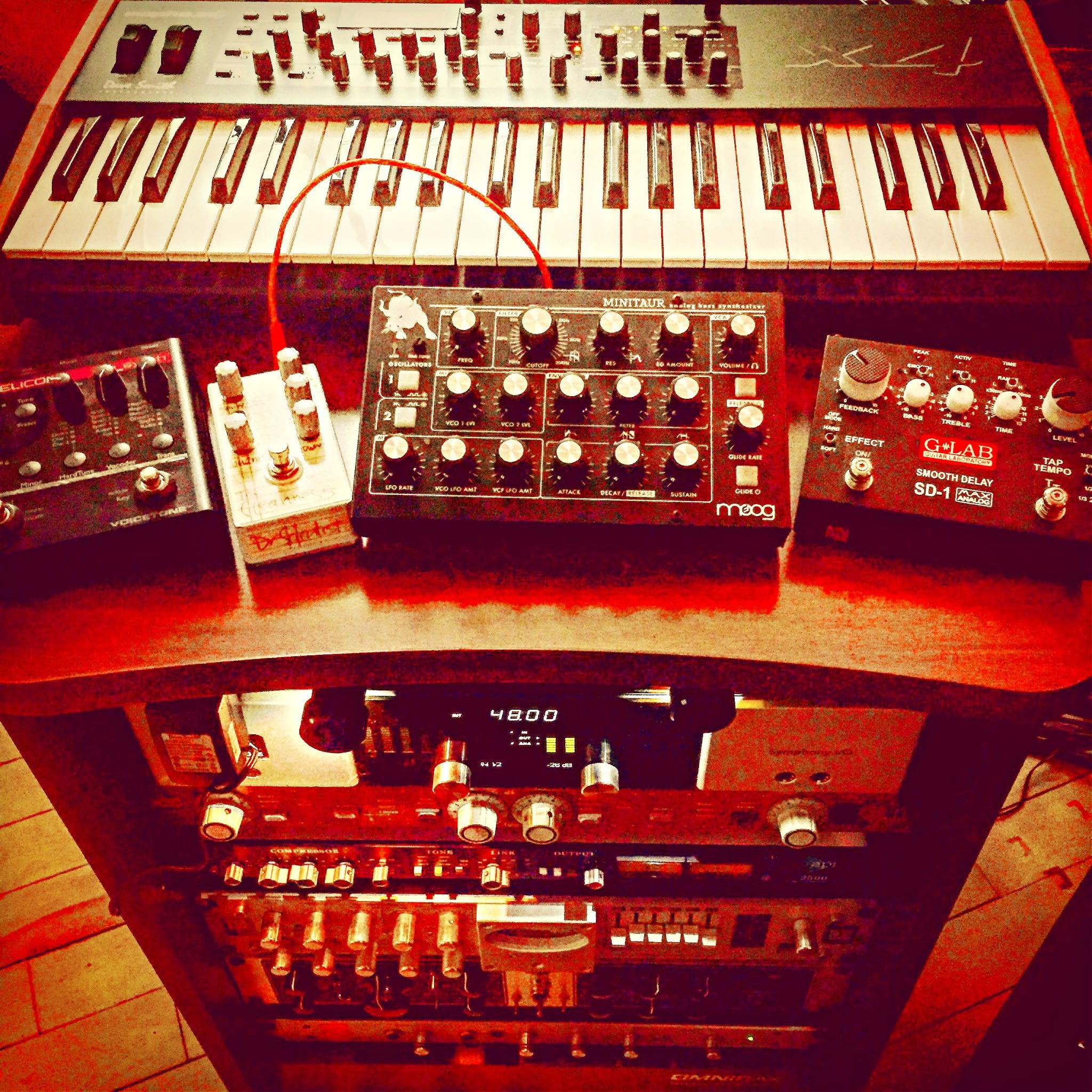
4. Objective partners:
As a result of affordable technology and hardware, a lot of us these days where all the hats. We are the composers, the engineers, the producers, the arrangers, the mixers. For the most part that is dope. However, it can also cause fatigue and loss of direction. If you try to do too much, your track will suffer. For example, through of grinding, I have made a name for myself as a high-level producer and mixer. Many come to me to make their project sound the best it possibly can. At the same time, I try to always maintain humility and be teachable. Over the years I have developed relationships and friendships with other cats just as good as me who I love and respect. If I’m working on project that I have written, performed, engineered and arranged. I am more than cool to call a pro mixer bud and say “look you gotta mix this record for me, I’m just too entrenched in every detail”…This way he or she can come aboard with completely fresh ears and perspective to even add some flavor that I may have missed the opportunity for. It’s also a cool way to support and trust musicians you respect. Often, I get the ‘help’ call to mix that guy’s record a few months later. Motto: “Your ego can suffer, the music cannot”…
5. Learn from what you love:
We all have those albums that to our ears just sound so dope. I always tell students at clinics or young producers, that becoming a true producer will forever change the way you experience music. Ultimately you will learn to turn that off and be able to listen as a fan, but that’s another discussion…Learn to dissect why you love it. Try to figure out how to make your synths, your guitars, your drum machine to sound like the one on your favorite album. What you’ll discover on that journey is not how to bite someone else’s vibe, but rather how to do your thing at a higher level. Great records don’t sound that way by accident or luck. If you want it bad enough, be willing to learn from your heroes and always keep moving your craft forward. There is no other way than hard work and patience.
To check out more studio tips, click here.
DJ Times Magazine is copyright © 2020 by DJ Publishing, Inc. www.djtimes.com


![[Exclusive] T.H. White Shares 5 Ways To Improve Your Music Production T.H. White](https://www.djtimes.com/wp-content/uploads/2020/09/exclusive-t-h-white-studio-dj-times-770x515.jpg)


